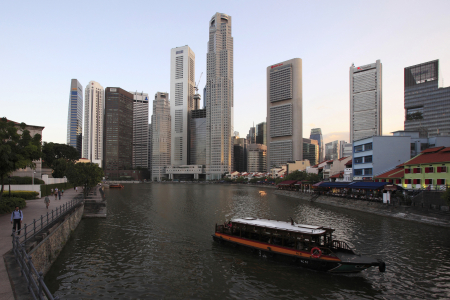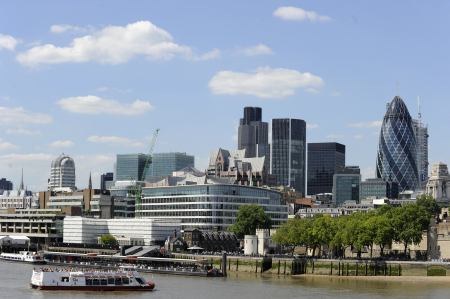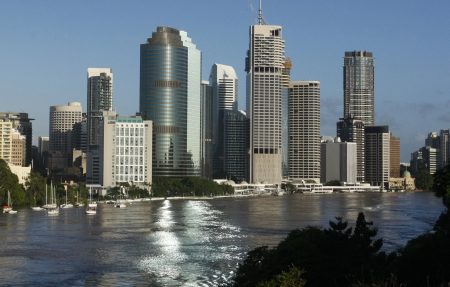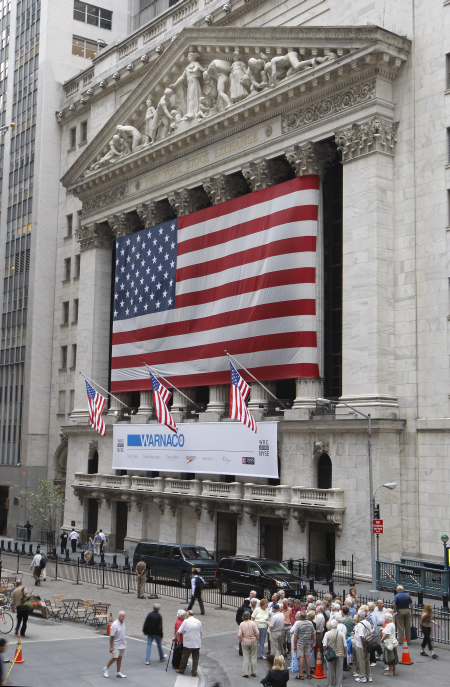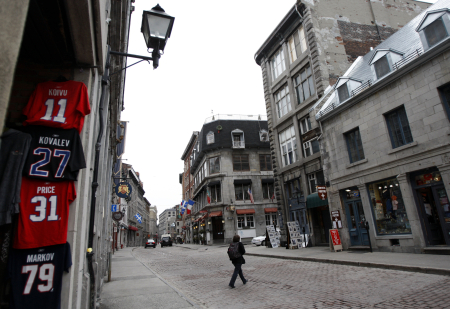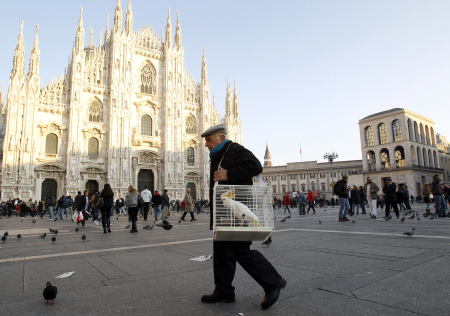 | « Back to article | Print this article |
Top global challenges and opportunities in 2012
Faced with a challenging and unfavourable economic backdrop, institutional investors should focus on agility, flexibility and efficiency when planning for the year ahead, according to Mercer.
"Even if the politicians contrive to keep the lights on in Europe, 2012 looks set to be a year in which significant parts of the world struggle to achieve respectable economic growth and the threat of further shocks to the financial system will be at the forefront of investors' minds," says Andrew Kirton, Global Chief Investment Officer, Mercer.
"Notwithstanding the current gloom, there will be investment opportunities to be grasped, and actions that investors can take to manage risk, which could make a real difference to investment outcomes over the year," he says.
Let us have a look at some key economic and financial challenges for 2012, according to Mercer.
Click NEXT to read more...
Top global challenges and opportunities in 2012
An improving US economy and the continued strength of emerging market economies could yet lead to respectable global growth.
Click NEXT to read more...
Top global challenges and opportunities in 2012
A challenged Europe, however, poses a very real threat to global economic prospects.
Click NEXT to read more...
Top global challenges and opportunities in 2012
The opening act of the Eurozone financial crisis is yet to be played out and the saga will continue as politicians try to implement a blueprint for a fiscally-responsible Europe.
Click NEXT to read more...
Top global challenges and opportunities in 2012
Further coordinated policy responses from political and financial authorities could ease the sense of crisis in the short-run but could equally raise long-term inflation expectations given the potential for creating a wall of money.
Click NEXT to read more...
Top global challenges and opportunities in 2012
The corporate sector should remain relatively healthy but is unlikely to be immune from credit scarcity and difficult economic conditions.
Click NEXT to read more...
Top global challenges and opportunities in 2012
Focus on "fair capitalism" will increase, including consideration of the rewards for capital versus labour, of principals versus agents and of inter-generational equity.
Click NEXT to read more...
Top global challenges and opportunities in 2012
The scope for further shocks, from diverse sources, will remain elevated. Even if the gloom of abject growth lifts, the fog of uncertainty is likely to remain.
Click NEXT to read more...
Top global challenges and opportunities in 2012
Events will continue to move fast – this suggests that portfolio flexibility and real-time governance models will have a greater chance of success than buy and hold strategies.
Divyesh Hindocha, Global Director of Consulting in Mercer's Investment Consulting business, says: "More institutional investors will be moving to a 'floating strategic asset allocation' mind-set whereby the investment strategy evolves and morphs over time, in order to grasp opportunities and exploit valuation anomalies."
Click NEXT to read more...
Top global challenges and opportunities in 2012
Scarcity of credit and the reduced role of banks in the lending arena will provide further interesting possibilities for investors to build and broaden credit portfolios, albeit some of these will be illiquid in nature.
Click NEXT to read more...
Top global challenges and opportunities in 2012
Investors will need to make some sharp judgments on sovereign bond investing - do they want insurance or investment returns?
Mr Hindocha says: "We expect more investors to diversify away from expensive sovereign debt into a range of corporate and asset-backed varieties. They may be aided in doing so by 'fire sales' of debt by de-leveraging banks."
Click NEXT to read more...
Top global challenges and opportunities in 2012
The macro environment will be challenging for stock-pickers with manager success depending much more on overall positioning than bottom-up stock selection.
Whilst equity valuations do not appear demanding, the uncertainty abounding may well continue to favour high quality, low volatility stocks.
Click NEXT to read more...
Top global challenges and opportunities in 2012
Investors will expect greater discipline from those who deploy their capital and will also seek to ensure that the agents do not extract unfair rewards.
Efficiency and value-for-money will be important watchwords. Active management fees will experience continuing pressure.
Click NEXT to read more...
Top global challenges and opportunities in 2012
Investors will seek to use scale to their advantage - to reduce the cost of investing and also to exercise stronger stewardship.
Click NEXT to read more...
Top global challenges and opportunities in 2012
Rising longer-term inflation expectations will spark innovation, with investors hunting for income streams with in-built inflation protection.
Government attempts to foster infrastructure investment may yield results as a consequence.
Click NEXT to read more...
Top global challenges and opportunities in 2012
Prudent stewardship will demand more focus on fundamental risk (risk of permanent loss of capital) and less on volatility.
Also 'point' estimates of returns should not drive decisions but an understanding of the potential distribution of future returns.
Click NEXT to read more...
Top global challenges and opportunities in 2012
Investors with a defensive mind-set should focus more on companies with visible and sustainable cash-flows - the companies which will likely be the Darwinian winners from the change process.
Investors who have a greater risk appetite may be willing to entertain value opportunities but will need to recognise that it may take a while for markets to reward these opportunities.


